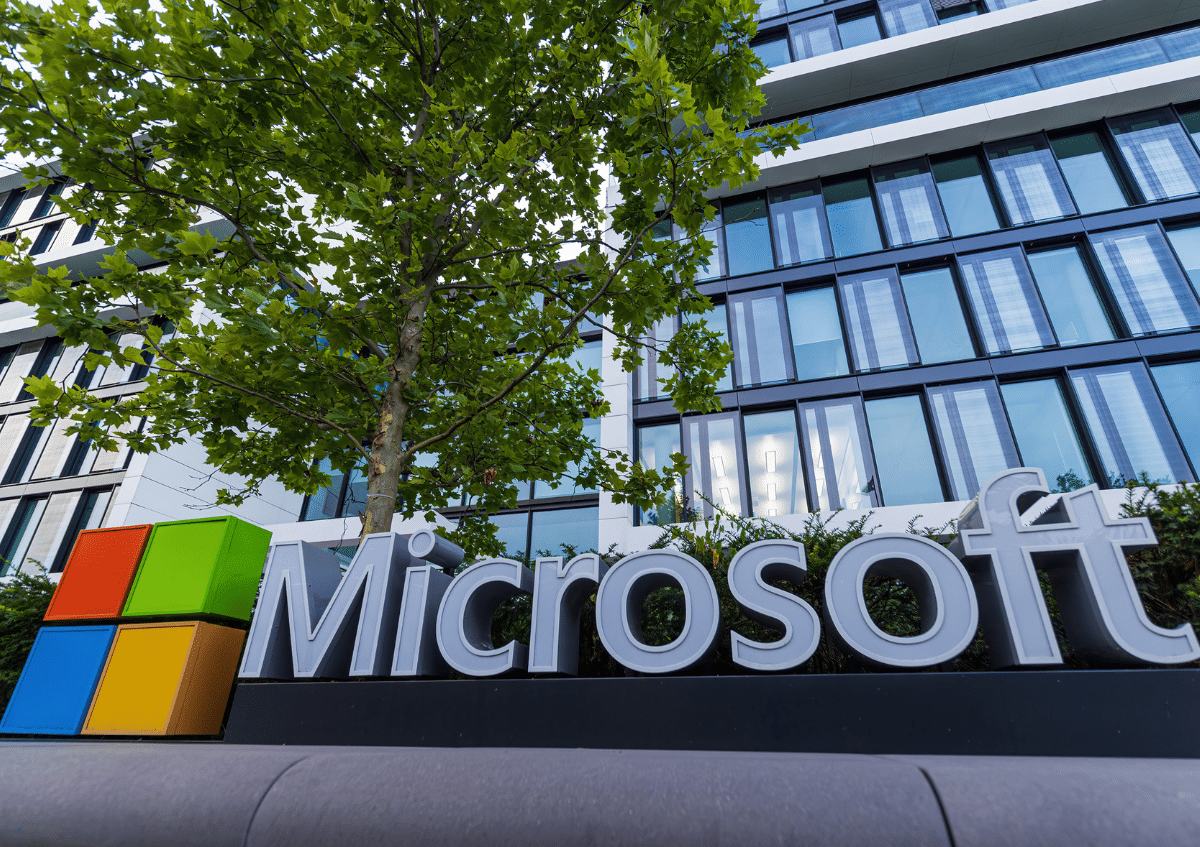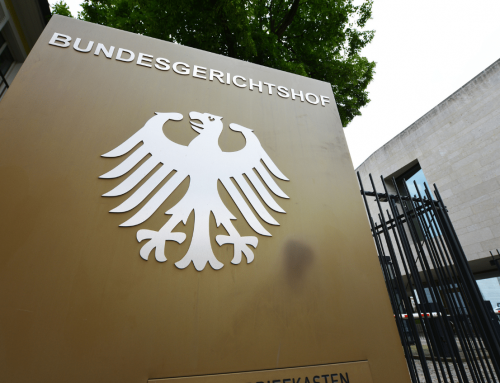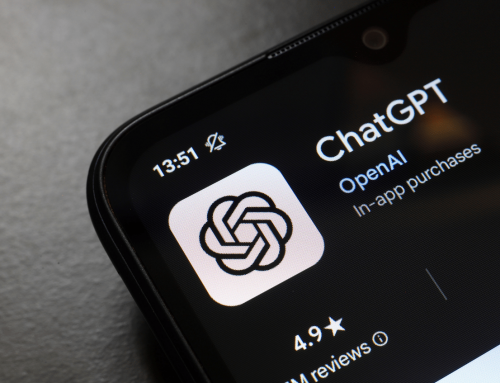Image: Framalicious / shutterstock.com
AI becomes a question of power - also in court
A class action lawsuit from San Francisco is currently causing quite a stir in the world of artificial intelligence. The allegation: Microsoft is said to have artificially inflated the prices of AI services through its close partnership with OpenAI. The lawsuit is aimed directly at the tech giant - although OpenAI is not officially a defendant, it is on the podium in the criticism.
What is behind this? According to the statement of claim, Microsoft is said to have artificially reduced supply through exclusive contracts with OpenAI and access to enormous computing resources via Azure. The result: less competition, higher prices - and a huge advantage for Microsoft. The eleven plaintiffs are now demanding compensation for all those who have allegedly had to pay too much for AI services since the launch of ChatGPT in November 2022.
Azure, Copilot, ChatGPT: when everything is connected
The background is complex - but highly exciting: Microsoft has now invested over 13 billion dollars in OpenAI, primarily in the form of cloud services via its own Azure platform. At the same time, OpenAI's GPT models flow directly into Microsoft products such as Copilot, i.e. Word, Excel, etc. This means that both benefit - Microsoft becomes the AI top dog, while OpenAI can build on a secure infrastructure.
But it is precisely this proximity that is now the problem. The plaintiffs accuse Microsoft of blocking access to computing power for other providers through exclusivity - a clear violation of US antitrust law, if the accusation is true. Explosive: even if OpenAI has now started to use computing power from Google or Oracle, for example, Microsoft's influence is still "a sword of Damocles", as the statement of claim states.
What it's really about: power over the product of the future
AI has long been more than just a technical toy - it is the future business of the tech industry. Those who dictate the rules here not only control software, but entire markets. Cloud capacities are the raw material without which no AI can run. And whoever bundles this raw material has market power - which is exactly what the plaintiffs are now accusing Microsoft of.
The fact that OpenAI is trying to become more independent of Microsoft - for example by cooperating with Oracle - shows that even the AI flagship start-up does not feel comfortable when a tech giant has too much influence.
Microsoft is remaining calm. A spokeswoman announced that the allegations would be "investigated". OpenAI remains silent. And the plaintiffs? They are waiting for the court date.
When antitrust law mixes with AI, it gets exciting - and uncomfortable
The case shows what many have long feared: The race for AI is not just a technological one, but has also long been a power struggle - with potentially illegal means. If a single company controls not only the software but also the infrastructure, this is a structural problem. And the question of who will develop, use and sell AI in the future will become a key political and legal issue.
The fact that the pricing of AI services is not only related to technical factors, but possibly also to strategic market foreclosure, is more than just a side issue. It is about access to a future market - and whether this market belongs to a few tech giants or remains open.
Antitrust proceedings are lengthy. But one thing is already clear: if Microsoft's AI empire begins to falter, it will not only be a question of price, but also of power. And that is sorely needed.







